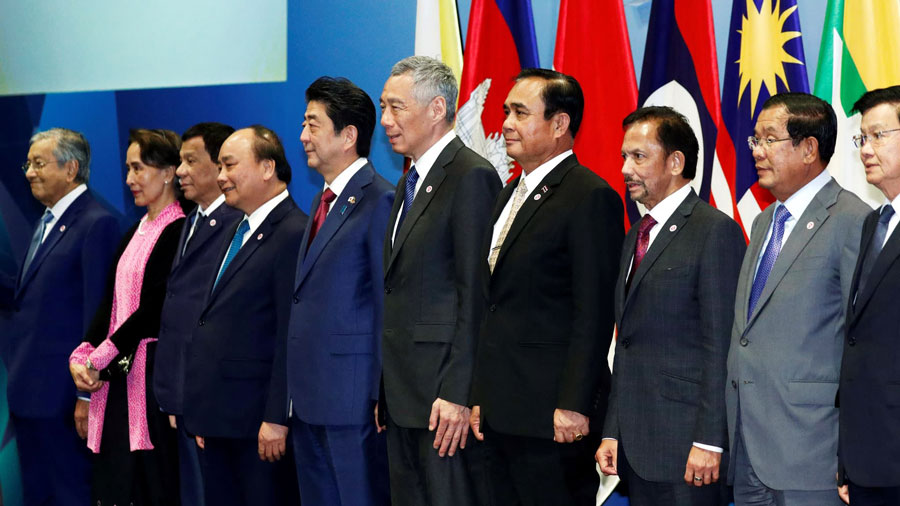The majority of the ASEAN economies are back to their robust pre-pandemic growth, the International Monetary Fund (IMF) said on 20 February, noting that economic headwinds in Asia are easing and making way for a stronger recovery.
“The economic headwinds that faced Asia and the Pacific last year have started to fade. Global financial conditions have eased, food and oil prices are down, and China’s economy is rebounding,” IMF economists wrote in a blog post.
The region’s emerging and developing economies are expected to expand by 5.3 percent this year, hitting their stride as pandemic supply-chain disruptions fade and the service sector booms, and driving what is expected to be a stronger economic recovery.
China and India alone are expected to contribute more than half of global growth in 2023, with the rest of Asia contributing an additional quarter.
“Cambodia, Indonesia, Malaysia, the Philippines, Thailand, and Vietnam are all back to their robust pre-pandemic growth,” the IMF said.
In addition, China’s reopening from nearly three years of strict zero-Covid policy is set to benefit the tourism sector in the Asia Pacific region, including in ASEAN member states Thailand and Malaysia, Fitch Ratings said in a report in January.
China was one of the world’s largest tourism source markets before the pandemic, with total international tourism expenditure of US$254.6 billion in 2019.
“The effects on Thailand may be particularly important, as several of its credit metrics, including fiscal ones, have deteriorated as a result of weak tourism activity and stepped-up fiscal efforts since 2019,” Fitch Ratings said.
Chinese tourists could also provide varying degrees of support to the economies of Singapore and Vietnam, the rating agency noted.

